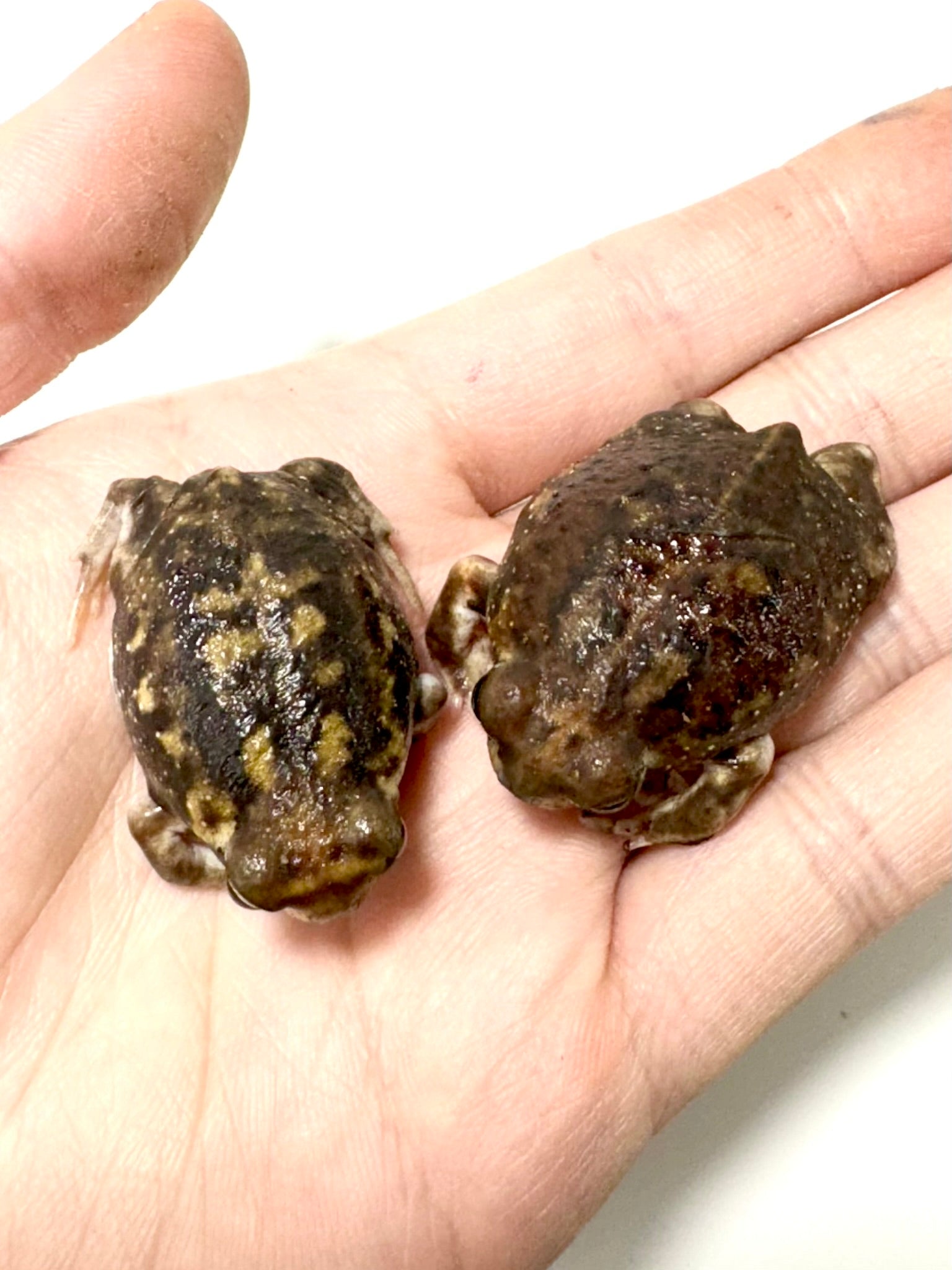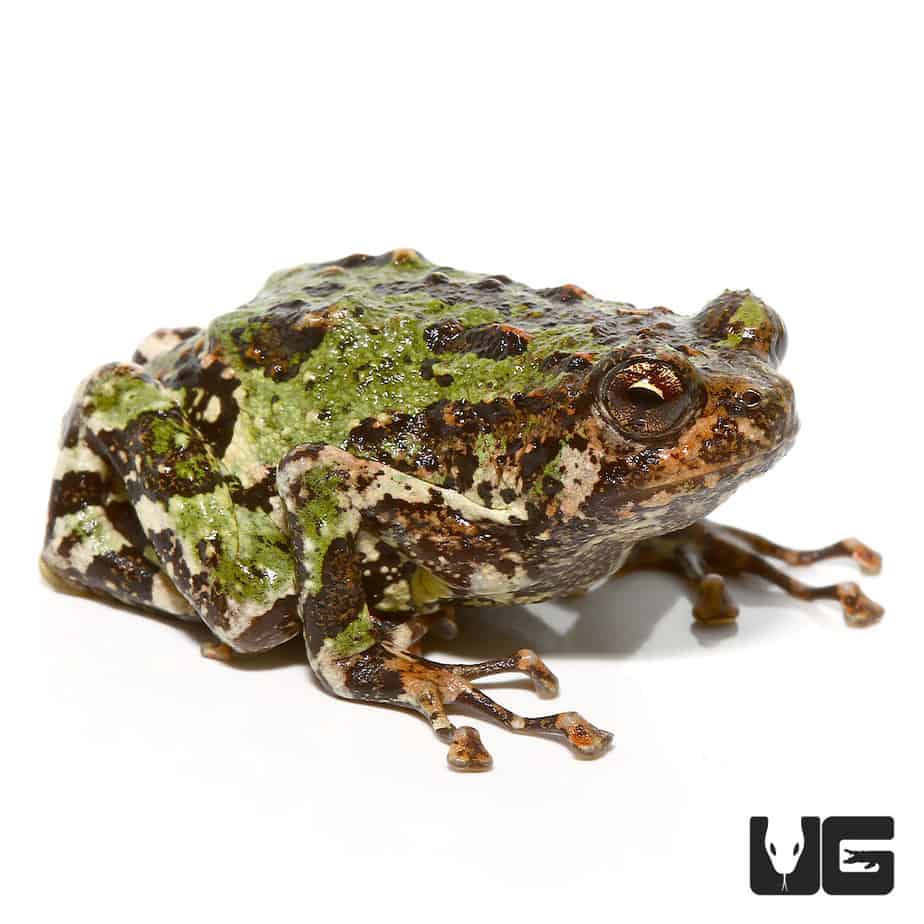Discover Unmatched Charm: Rain Frog for Sale Awaits to Improve Your Life!
Discover Unmatched Charm: Rain Frog for Sale Awaits to Improve Your Life!
Blog Article
Common Health And Wellness Issues in Reptiles: Signs And Symptoms and Solutions
In the complex globe of reptile care, understanding the common health concerns that might impact these one-of-a-kind creatures is extremely important in ensuring their wellness. Whether it's grappling with parasitical invasions, navigating dehydration problems, or addressing skin disorders that show up in refined means, being attuned to the symptoms and outfitted with the knowledge of efficient options is necessary for any type of reptile proprietor.
Respiratory Infections
Breathing infections in reptiles can substantially impact their total wellness and require punctual attention from experienced vets. These infections are frequently triggered by viruses, fungis, or bacteria and can manifest with signs such as hissing, nasal discharge, open-mouth breathing, and sleepiness. In reptiles, breathing infections can be particularly testing to identify and treat because of their unique composition and physiology. Vets typically rely upon a combination of physical exams, analysis imaging, and research laboratory examinations to properly recognize the underlying root cause of the infection.
Therapy for breathing infections in reptiles commonly involves a combination of supportive care, such as keeping proper humidity degrees and temperature level slopes in the unit, as well as targeted medicine to attend to the certain pathogen in charge of the infection. It is important for reptile owners to monitor their pet dogs very closely for any indicators of breathing distress and seek veterinary care at the earliest indicator of a problem. With prompt intervention and proper treatment, lots of reptiles can recover completely from respiratory system infections and resume typical activities.

Metabolic Bone Disease
What aspects add to the advancement of Metabolic Bone Disease in reptiles?
Metabolic Bone Disease (MBD) in reptiles is primarily triggered by a lack of correct calcium, phosphorus, and vitamin D3 levels in their diet regimen. Furthermore, insufficient exposure to UVB light protects against reptiles from synthesizing vitamin D3, which is important for calcium absorption and bone health and wellness.
Insufficient moisture levels can additionally impact a reptile's ability to metabolize calcium effectively. Routine vet check-ups, proper husbandry methods, and a well balanced diet regimen are necessary to protect against Metabolic Bone Disease in reptiles.
Parasitical Infestations
Parasitic invasions position a substantial health and wellness danger to reptiles, influencing their total well-being and needing timely veterinary interest. Reptiles can be affected by numerous parasites, consisting of mites, ticks, internal worms, and protozoa. These parasites can create a series of signs and symptoms, such as weight loss, lethargy, skin inflammation, looseness of the bowels, and even death if left neglected.
One typical parasite found in reptiles is the mite, which can create skin anemia, irritability, and tension. Ticks are one more exterior parasite that can transmit conditions and create discomfort to the reptile. Internal parasites like worms and protozoa can bring about digestion issues, lack of nutrition, and compromise the reptile's body immune system.
To identify a parasitical problem, a veterinarian may perform fecal tests, skin scrapings, or blood tests. Therapy usually involves deworming medicines, antiparasitic baths, or in serious instances, hospitalization. Preventative measures such as routine veterinary check-ups, appropriate hygiene, and quarantine treatments for new reptiles can aid minimize the risk of parasitical infestations and ensure the health of reptile family pets.
Dehydration and Hydration Issues
Dehydration in reptiles can dramatically influence their wellness and well-being, requiring timely intervention and proper hydration management. Reptiles are prone to dehydration due to different variables such as insufficient water consumption, why not find out more high environmental temperature levels, and certain health and wellness problems. Symptoms of dehydration in reptiles consist of sunken eyes, lethargy, loss of skin elasticity, and minimized peeing. If left without treatment, dehydration can bring about serious health problems and also be fatal to the reptile.
To prevent dehydration, reptile proprietors ought to ensure that their pet dogs have accessibility to tidy water whatsoever times. The water recipe must be huge enough for the reptile to soak in if required, particularly for types that soak up water via their skin. Additionally, preserving appropriate humidity degrees in the reptile's unit and providing regular bathrooms can help stop dehydration.
In instances of dehydration, it is crucial to seek veterinary treatment promptly. A veterinarian might carry out liquids either by mouth or with shots to rehydrate the reptile. It is necessary to resolve the underlying reason for dehydration to avoid reoccurrence and make sure the reptile's overall wellness.
Skin Disorders

Verdict

Respiratory infections in reptiles can substantially affect their total health and require punctual focus from experienced veterinarians (rain frog for sale). Preventative measures such as normal vet check-ups, proper health, and quarantine treatments for brand-new reptiles can aid minimize the threat of parasitic problems and make sure the health of reptile animals
If left unattended, dehydration can lead to major health and wellness problems and even be deadly to the reptile.
Consistently evaluating your reptile for any kind of changes in skin texture, color, or look can help in very early discovery and therapy of skin disorders, promoting the general wellness and well-being of your flaky companion. - rain frog for sale
In final thought, reptiles are susceptible to various health and wellness concerns such as respiratory system infections, metabolic bone illness, parasitical infestations, dehydration, and skin disorders.
Report this page